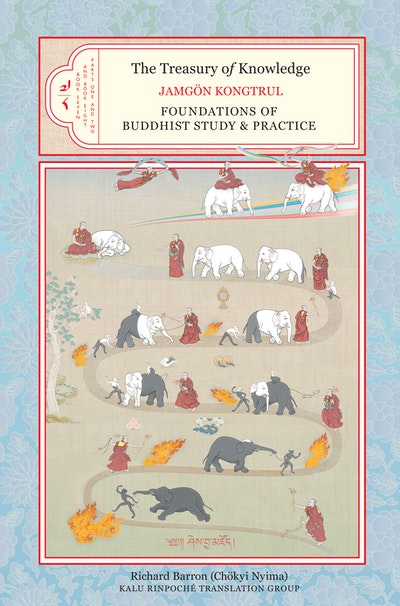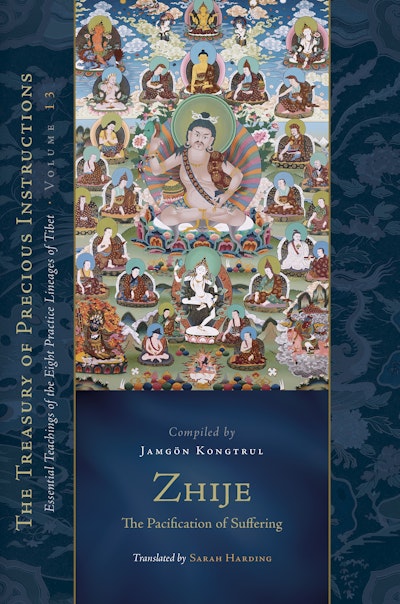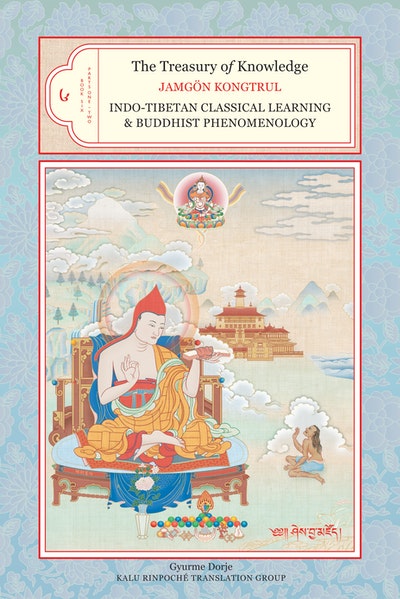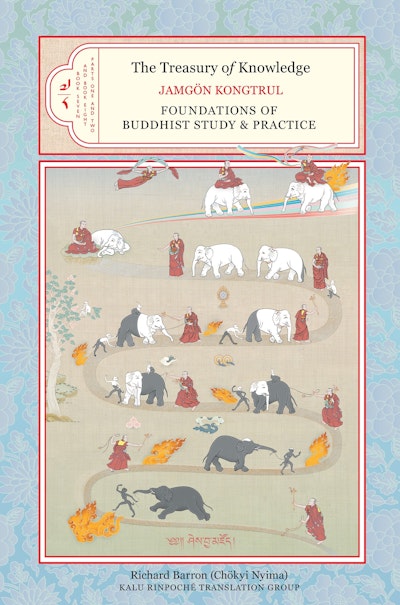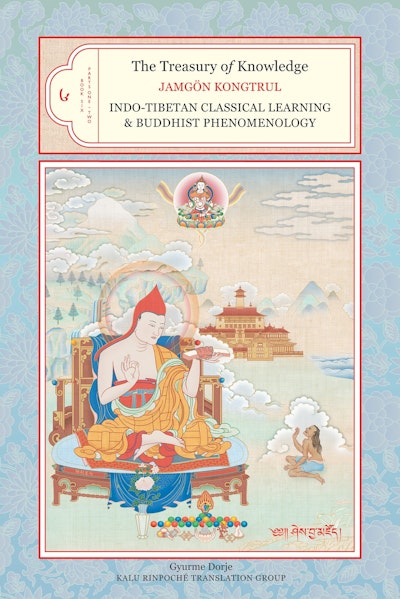[]
- Published: 15 January 2013
- ISBN: 9781559393997
- Imprint: Snow Lion
- Format: Hardback
- Pages: 464
- RRP: $65.00
The Treasury Of Knowledge, Book Seven And Book Eight, Parts One And Two
Buy from…
- Published: 15 January 2013
- ISBN: 9781559393997
- Imprint: Snow Lion
- Format: Hardback
- Pages: 464
- RRP: $65.00
"The Treasury of Knowledge excellently presents the entire corpus of the sutra and mantra traditions from the paths of the common sciences all the way up to the uncommon Great Perfection or Atiyoga, which is the culmination of the nine vehicles."—H.H. Dudjom Rinpoche
"Jamgön Kongtrül Lodrö Tayé was one of the leading scholars of the nineteenth century. He broke through sectarian constraints and achieved a deep understanding of the the different philosophical approaches in Tibet. I have no doubt that by studying Kongtrul's works readers will be inspired to emulate his great qualities of humility, dedication, patience, and nonsectarianism."—H.H. the Dalai Lama
